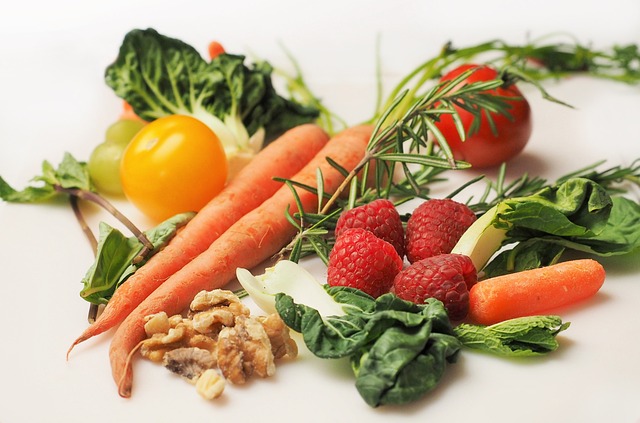Probiotics 101: Your Guide to Understanding the Basics
Probiotics have gained significant popularity in recent years, with many people recognizing the health benefits they offer. If you’ve heard about probiotics but aren’t quite sure what they are or how they can benefit your health, this guide will provide you with a comprehensive understanding of the basics.
What Are Probiotics?
Probiotics are live microorganisms that, when consumed in adequate amounts, offer health benefits to the host. These microorganisms are mainly bacteria, although some probiotic products also contain yeasts. The most common types of bacteria used as probiotics include Lactobacillus and Bifidobacterium strains. Probiotics are often referred to as “good bacteria” due to their ability to promote a healthy balance of microorganisms in the gut.
How Do Probiotics Work?
The human gastrointestinal tract is home to a diverse ecosystem of bacteria, both beneficial and harmful. Probiotics work by colonizing the gut with beneficial bacteria, which, in turn, help maintain a healthy balance in the microbiota. They stimulate the digestive system, support nutrient absorption, and inhibit the growth of harmful bacteria by producing antimicrobial substances. Probiotics also help strengthen the gut barrier, enhancing its function as a protective layer against pathogens.
Health Benefits of Probiotics
Probiotics offer numerous benefits for overall health. Here are some key advantages associated with their consumption:
- Gut Health: Probiotics help restore and maintain a healthy gut microbiota, alleviating digestive disorders such as irritable bowel syndrome (IBS), constipation, and diarrhea.
- Immune System: The gut plays a crucial role in immune function, and probiotics can enhance immune responses, reducing the risk of infections and allergies.
- Mental Health: Emerging research suggests a strong connection between the gut and the brain, known as the gut-brain axis. Probiotics may positively impact mental health conditions such as anxiety, depression, and stress.
- Women’s Health: Certain strains of probiotics, such as Lactobacilli, are beneficial for maintaining vaginal health and preventing urinary tract infections (UTIs).
- Heart Health: Probiotics may help lower blood pressure and reduce cholesterol levels, contributing to a healthier heart.
Food Sources of Probiotics
While probiotic supplements are available, it’s also possible to obtain probiotics through food sources. Some common probiotic-rich foods include:
- Yogurt: Look for yogurts labeled with “live and active cultures.” Greek yogurt, kefir, and traditional buttermilk are excellent options.
- Sauerkraut: Fermented cabbage is a natural source of probiotics. Ensure that it is unpasteurized for optimal benefits.
- Kombucha: This fermented tea is gaining popularity and can be found in various flavors. It contains live cultures and can be a refreshing probiotic drink.
- Kimchi: A Korean dish made from fermented vegetables, including cabbage, radishes, and scallions. Kimchi is rich in probiotics and adds a tangy flavor to meals.
- Tempeh: A fermented soy product, often used as a meat substitute in vegetarian/vegan diets. It contains probiotics along with valuable nutrients.
Choosing the Right Probiotic Supplement
If you opt for probiotic supplements, it’s essential to choose the right one. Here are a few factors to consider:
- Strain Diversity: Look for supplements that offer a variety of strains to ensure maximum benefits. Different strains have varying effects on the body.
- CFU Count: CFU, or colony-forming units, indicate the number of viable microorganisms in each dose. Higher CFU counts (







